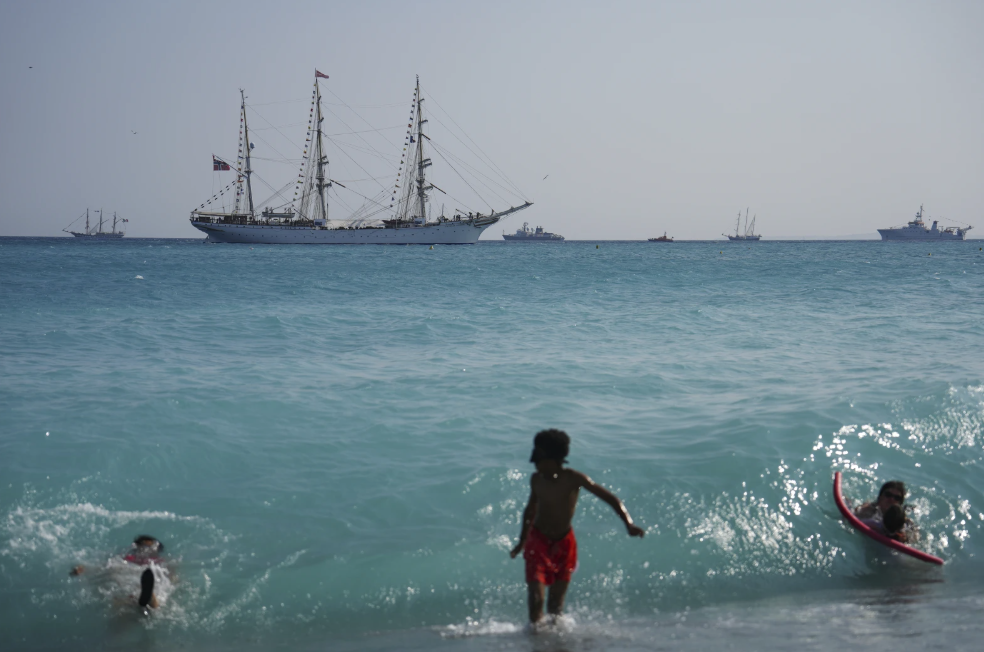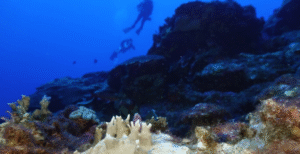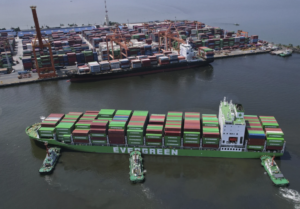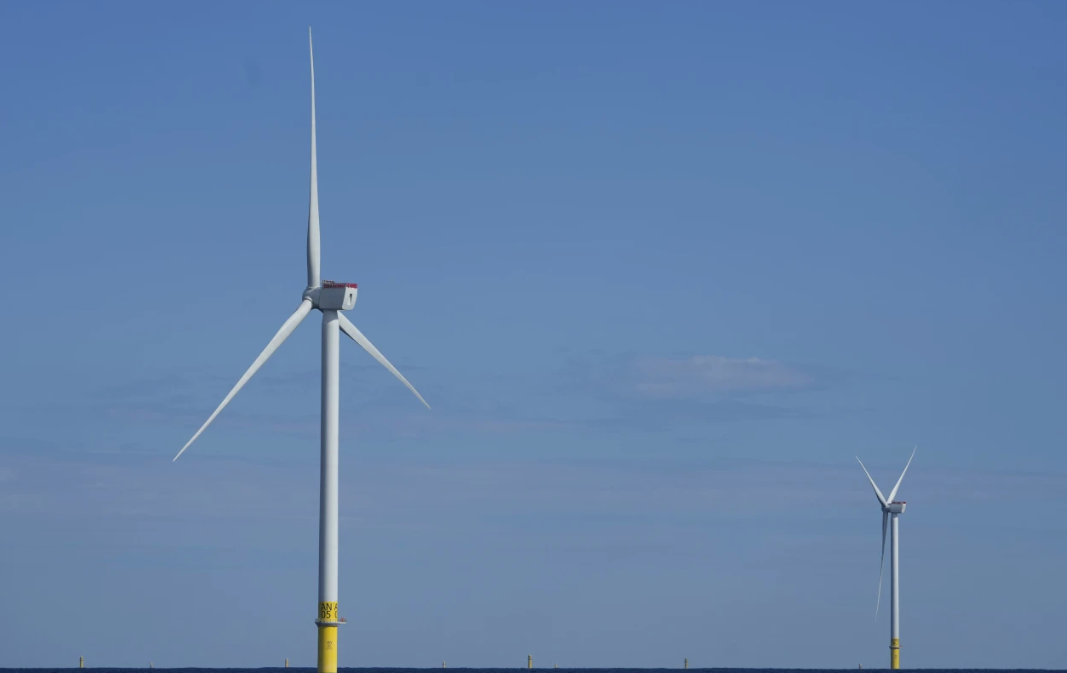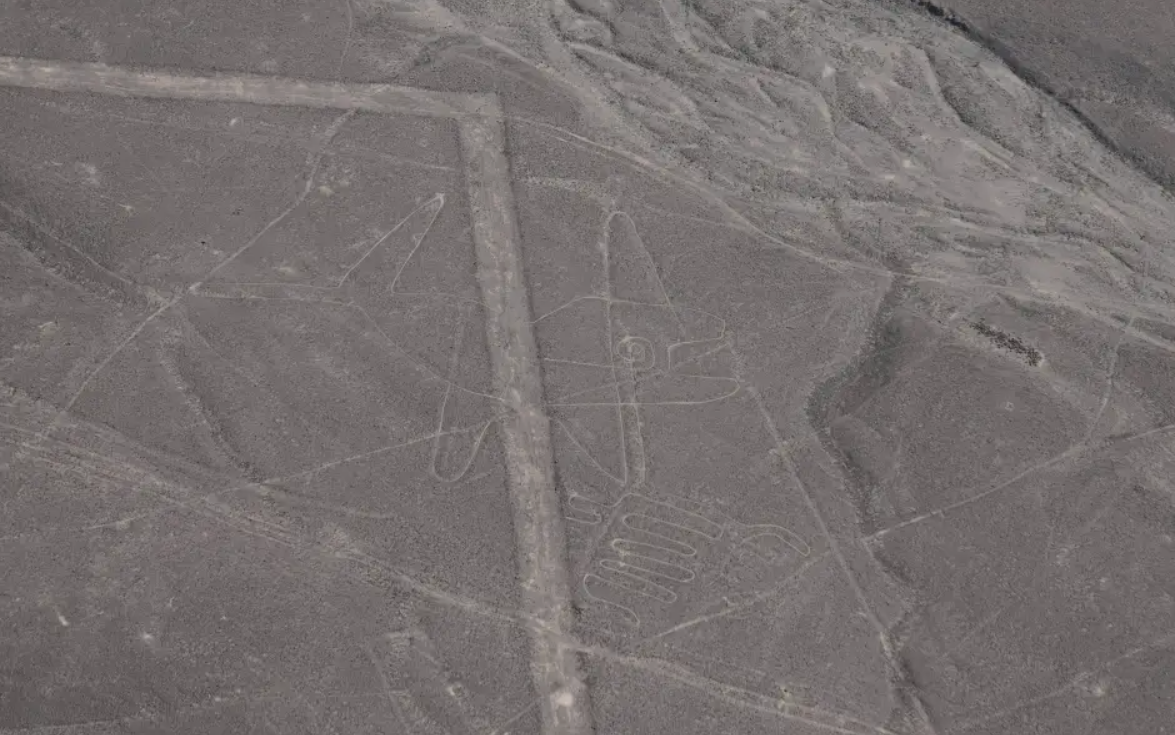On Sunday, dozens of research and exploration vessels from around the globe set off near the French coastal city of Nice, marking the opening of the third United Nations Ocean Conference and celebrating World Oceans Day.
Under the theme “Ocean Wonders,” the ships crossed Nice’s picturesque Baie des Anges, or Bay of Angels, to highlight the ocean’s beauty and vital role in the planet’s health. Organizers urged global leaders to prioritize ocean protection in their environmental decision-making.
Thousands of participants, including world leaders, scientists, and environmental advocates, are expected in Nice throughout the week to tackle mounting threats to the world’s oceans and discuss how to turn promises into meaningful protections.
The United Nations has declared the situation a global emergency, with oceans facing rising temperatures, escalating plastic pollution, and unsustainable exploitation of marine life and resources. Currently, only 2.7% of the global ocean is effectively safeguarded from harmful practices such as industrial fishing and deep-sea mining—well below the internationally agreed target of 30% by 2030.
Among the vessels leading the charge is the Energy Observer, a catamaran powered entirely by renewable energy, which became the first vessel to sail around the world without using fossil fuels. It produces hydrogen onboard through seawater electrolysis, showcasing the potential for clean maritime innovation.
Other notable ships include France’s Alfred Merlin, which specializes in underwater archaeology; OceanXplorer, a cutting-edge private research yacht; and the WWF’s Blue Panda, dedicated to mapping and conserving the last seagrass meadows in the Mediterranean.
A central focus of the conference is the High Seas Treaty, adopted in 2023 but not yet ratified. If implemented, it would enable countries to create marine protected areas in international waters, which make up nearly two-thirds of the ocean and remain largely unregulated.
“The High Seas Treaty is essential for protecting ocean biodiversity,” said Rebecca Hubbard, director of the High Seas Alliance. “We’re facing a biodiversity and climate crisis. Protecting the ocean is crucial to addressing both.”
However, even in areas already designated as protected, enforcement is often lacking. Environmental groups have criticized many governments, including France, for allowing ongoing industrial activities in these zones.
“There’s been a lack of ambition, urgency, and scale,” said Sílvia Tavares of the Oceano Azul Foundation. “Global events like the UN Ocean Conference are critical to changing that trajectory.”
During the event, several nations are expected to unveil new marine protected areas (MPAs) and introduce measures such as bans on bottom trawling and other harmful activities within their current MPA systems.
The “Ocean Wonders” fleet will remain docked in Nice and open to the public until the conference wraps up on June 13.
